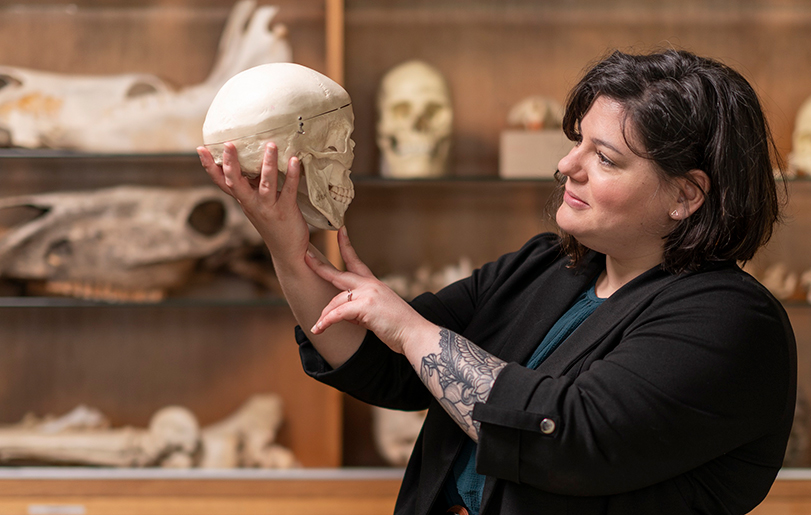Learning to explore, experiment, enjoy and educate with ELT
In an academic culture that sees teaching as the ‘ugly sister’ of scholarly life, my dirty secret is that I love it. Wattle is my happy place and, as the projectors start up in the lecture theatre, I feel the honour of being allowed to shape the next generation of thinkers in my field settling on me.
However, with the ongoing perception that ‘those who can’t do, teach,’ being interested in teaching can feel very 1984: We scurry through the corridors whispering enthusiastically about our latest UnEssays, all the while fearing that the Thought Police will arrive and bark ‘don’t put so much effort into your teaching, it won’t get you anywhere.’
I first encountered this perspective when I started lab demonstrating as a master’s student. Given teaching advice that was well meant but ultimately not helpful, I sought out staff education programmes to fill the gap. I found myself surrounded by cynics who’d been ordered to do the course to revive their flagging enrolments. As I listened to their conversation, a grenade of an idea formed in my head: ‘If teaching’s boring, aren’t you doing it wrong?’
Fast forward to late 2020, when I joined the ANU. I was advised to start working on a Fellowship with the Higher Education Academy, and to support my application I decided to complete the CLT’s Exploring Learning and Teaching (ELT) Programme. I initially felt overwhelmed as it felt like a large time commitment, but it soon became clear that the course was offered in multiple schedule-friendly formats: It can be taken as an intensive, in a small weekly instalment across Semester 1 or 2, or in the summer break.
The course itself covered core knowledge and skills required as an educator, including approaches to teaching (do you pour knowledge into students like a jug into a glass or support them as they explore?), how to facilitate learning (the artform that is helping students to find their own answers), how to provide constructive feedback and mark for learning (the sandwich technique is NOT your friend), how to plan a course (constructive alignment IS your friend), how to teach inclusively (you’re not as woke as you think), and most importantly, how to learn from our teaching practice (how to read your SELTs without needing a whole bottle of wine).
The course’s secret weapon is that it provides inspiration. Previously, the most adventurous thing I’d done was incorporate Kahoot quizzes into my lectures. In ELT, I learned ways to share and present knowledge in new ways, such as flipped classrooms and Padlet, experienced exemplary teaching via the amazing educators of the CLT Team, and felt encouraged to explore and experiment with my practice. I immediately set about trying to emulate what I’d seen. For example, I developed an immersive ‘whodunnit’ mystery for students to solve as their final assessment in my forensic anthropology course. It took a leap of faith for both students and staff, and, while there were gremlins in the delivery, we had fun. Another result of this experimentation? In October 2021, I won the CASS Award for Teaching Excellence (Early Career).
As we embrace the ‘ANU by 2025’ Strategic Plan, we are aspiring to provide a university experience that is second-to-none. As educators, we are charged with “delivering academically rigorous, inspiring courses...” and “quality teaching.”
To support these aspirations, I have a challenge for all of you, whether you enjoy teaching or not. The dare is to embrace the thought grenade: ‘If it’s boring, you’re doing it wrong.’ Play, geek out, experiment, take risks, get things wrong, do it again better next time. If you aren’t sure where to start, take ELT or its sister course Advanced Learning and Teaching, or contact CLT or your local Education Design Team. Talk to people for inspiration. Dare to branch out, and I promise you will be rewarded by seeing your students’ eyes light up with enthusiasm.
March 2022
Dr Stacey Ward is a Lecturer in Biological Anthropology from the School of Archaeology and Anthropology in the ANU College of Arts and Social Sciences

